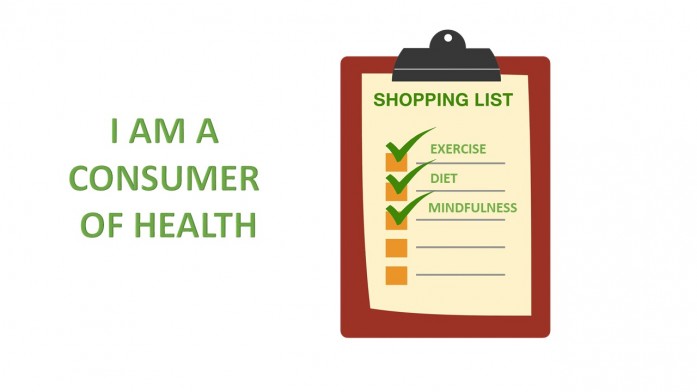Are patients consumers? It is a question that has vexed those trying to introduce a market into healthcare for many years, and I think it is fair to say the consensus view is captured in Dr Jordan Shlain’s article, “There are no consumers in healthcare, get over it”.
He summarises that this is a consumer:
- They have freedom to make choices based on their resources and their numerous options
- They can decide not to make a choice
- They add something to their lives (material or experience) after a purchase
- They have a trust psychology based on being excited, not anxious
- Consumers get immediate or near immediate benefit from their purchase
And this is a patient:
- They often do not have freedom to make a choice and the options are limited
- They must make a choice
- They are trying to get rid of something (pain, nausea) and have no idea of the cost
- They have a psychology based on anxiety
- Patients often have no line of sight into whether they get a benefit or not
According to Wikipedia, a patient is “any recipient of health care services”. But how does prevention fit in to this? If a GP surgery undertakes preventative activity with its local population, is it doing that with them as patients or as consumers? When I as an individual decide to go for a run to improve my health, am I a patient or a consumer?
Let’s apply Dr Shlain’s criteria for consumers to my choice to go for a run:
- I can choose whether or not I go for a run
- I can decide to stay at home watching TV on the sofa instead
- I feel more healthy (as well as slightly smug and self-satisfied) after I have been on a run
- I am excited to lose weight, improve my fitness, and to (feel like I) look better
- I feel great as soon as I have completed my run. My phone tells me how far I have run, at what speed, and how long it took. I can share it on social media and gain feedback from my own network.
So while there may not be consumers in healthcare, there are certainly consumers of health. Why does this distinction matter? It matters for two reason. First, if general practice is serious about changing the pattern of demand, of shifting the focus from healthcare for the sick to wellness for all (as described by Dr Amit Bhargava in our recent podcast), then the nature of the interactions need to be consumer-focussed rather than patient-focussed. We will need something very different from our current system of patient participation groups, something more along the lines of the “Beat the Street” initiative described by Dr William Bird.
Second, the big technology companies (e.g. Amazon, Apple etc) already understand that individuals are consumers of health. Their moves into healthcare are predicated on being able to reduce total expenditure by empowering individuals to manage their own health.
Technology can make a real difference to us as consumers of health. But the opportunities for Apple, Amazon and Google are also opportunities for general practice. The risk is if general practice does not take them, it might be superseded by the technology companies who do.
Dr Shlain may be right that there are no consumers of healthcare, but there are consumers of health. The aging population and the rapid advancement of technology mean this distinction is more important than ever before, and its impact upon primary care is likely to be huge.


No Comments